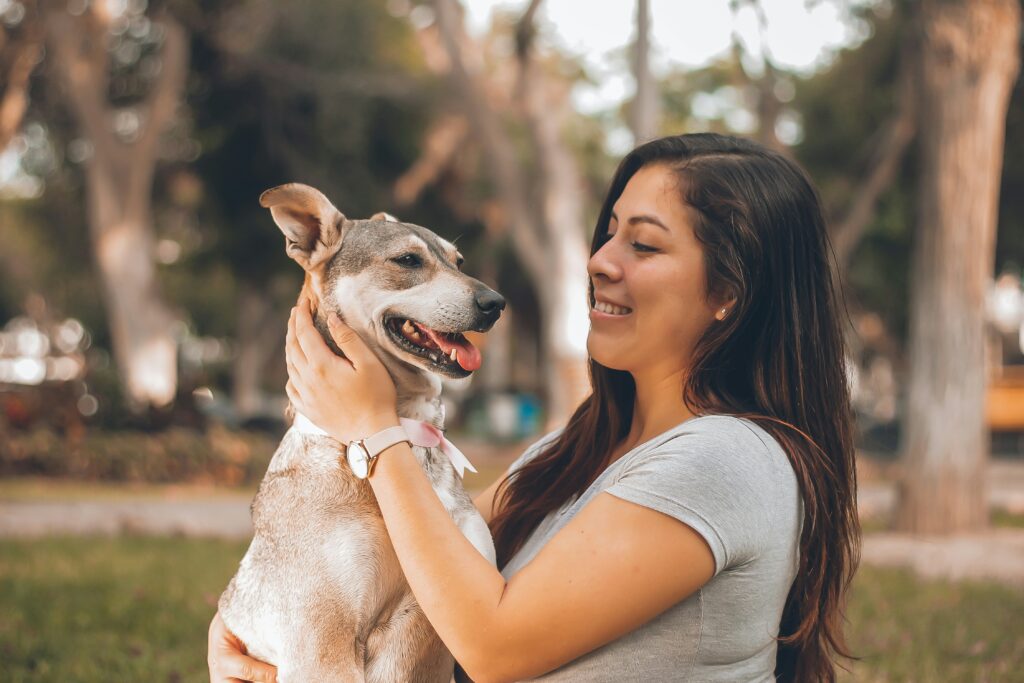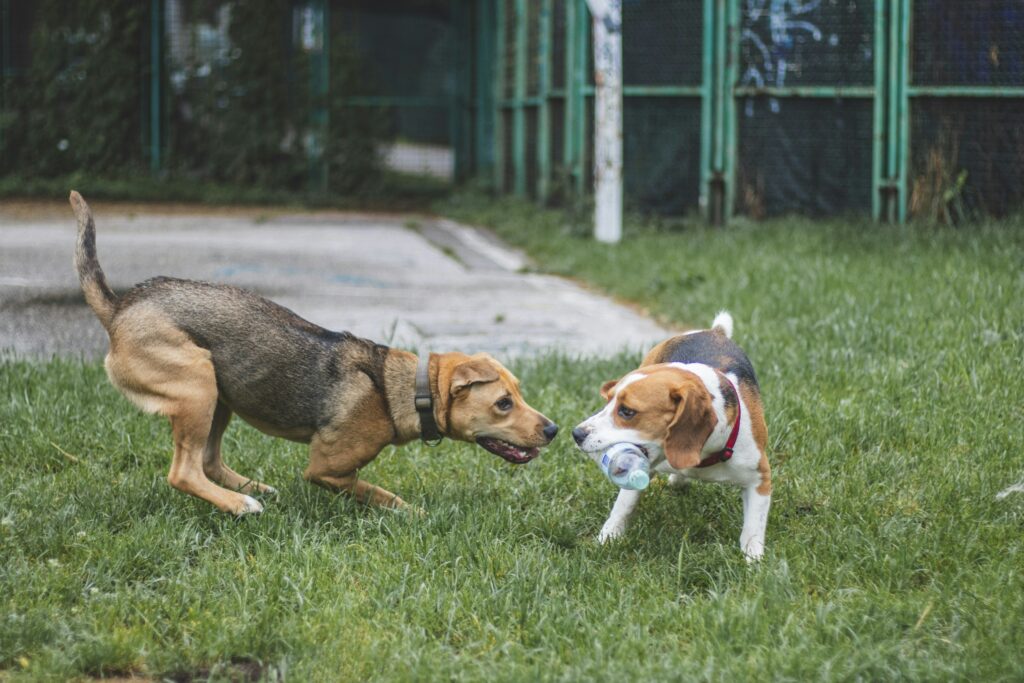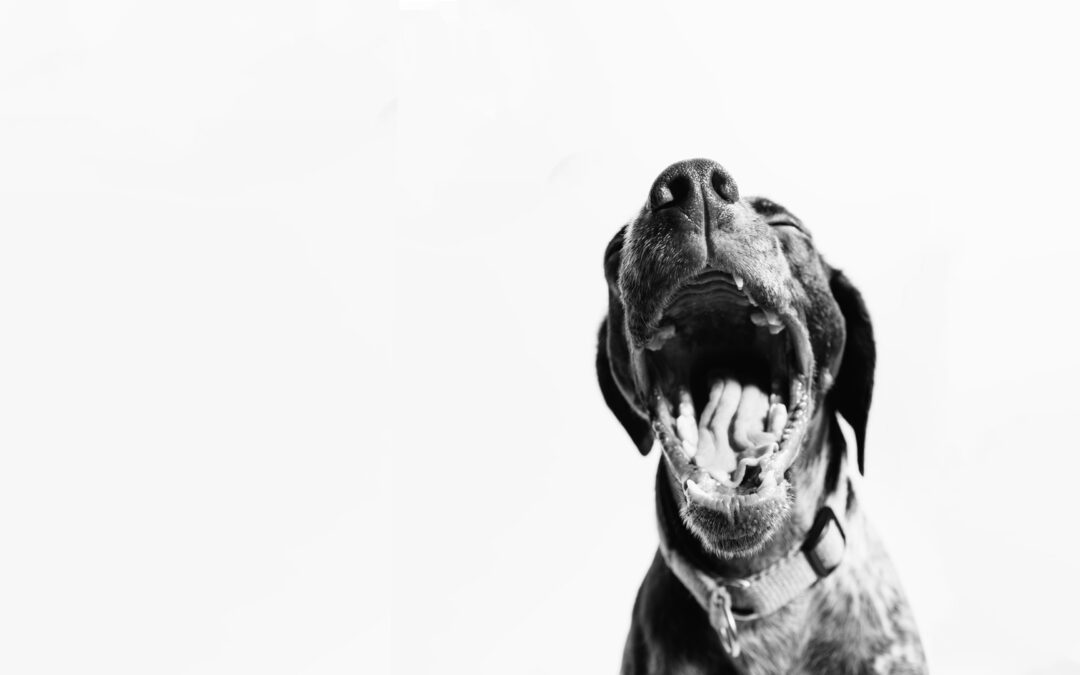A dog’s sneeze can be very endearing, but there’s more to it than meets the eye.
Dogs, our loyal and beloved companions, demonstrate some behaviours that never cease to amaze us. Among these is the act of sneezing, which holds its own fascinating secrets. Have you ever wondered about the reasons behind why dogs sneeze?
You can’t beat a good ol’ functional sneeze
Sneezing in dogs serves a similar purpose as it does in humans—to expel irritants from their delicate nasal passages. Just like us, our furry friends encounter various particles in their environment that can trigger this reflex. Whether it’s dust, pollen, or simply a tickle in their nose, sneezing helps dogs keep their airways clear and clean. No surprises there.
The force behind a dog’s sneeze is truly extraordinary. While not as powerful as an average human sneeze, a dog’s sneeze can still reach remarkable speeds. This impressive expulsion of air helps dislodge any irritants that may have found their way into their nasal passages, showcasing the efficiency of their respiratory system.
Sneezing in dogs can also be influenced by breed-specific traits. Some dog breeds, such as brachycephalic breeds like Bulldogs and Pugs, are more prone to sneezing due to their unique facial structures. Their shorter snouts and compressed airways make them more susceptible to nasal irritants, leading to increased sneezing episodes.

Photo by Manuel Meza on Unsplash
A feel-good sneeze
Beyond its functional role, sneezing in dogs also carries emotional significance. Often, sneezing is observed during playtime or when engaging in social interactions with other dogs. It serves as a form of communication, indicating friendliness and playfulness. So, the next time you witness your canine companion sneezing during a lively game of fetch, cherish it as a joyful expression of their happiness and enthusiasm.
It can also indicate a sense of relief or submission. When dogs are playing together, they may sneeze as a way of showing deference to a dominant dog. This submissive sneeze can be seen as a sign of respect and a way of maintaining social harmony within the pack. On the other hand, when a dog is feeling stressed or anxious, they may sneeze as a way of relieving that tension. This stress-induced sneeze is often accompanied by other body language cues, such as yawning or licking their lips.
So, the next time you see your furry friend sneeze, pay attention to the context and the surrounding behaviour. Are they playing and having fun, or are they feeling tense or overwhelmed? By understanding the emotional reasons behind your dog’s sneezing, you can better connect with them and provide the support they need.

Photo by Adnan Puzić on Unsplash
The science of sneezing
The science behind why dogs sneeze continues to intrigue researchers. It is an area of study that aims to understand the intricate workings of their respiratory system, immune response, and the evolutionary purpose of this reflex. By delving deeper into the reasons behind canine sneezing, scientists hope to gain valuable insights into the health and well-being of our furry companions.
We know this much: Sneezing in dogs is not just a random bodily function; it’s a complex and multifaceted behaviour that serves important purposes. From clearing nasal passages to communicating emotions, sneezing plays a vital role in our canine companions’ lives. By appreciating and understanding the emotional significance of their sneezing, we can deepen our bond with our furry friends and provide them with the care and attention they deserve.


Such a helpful article!